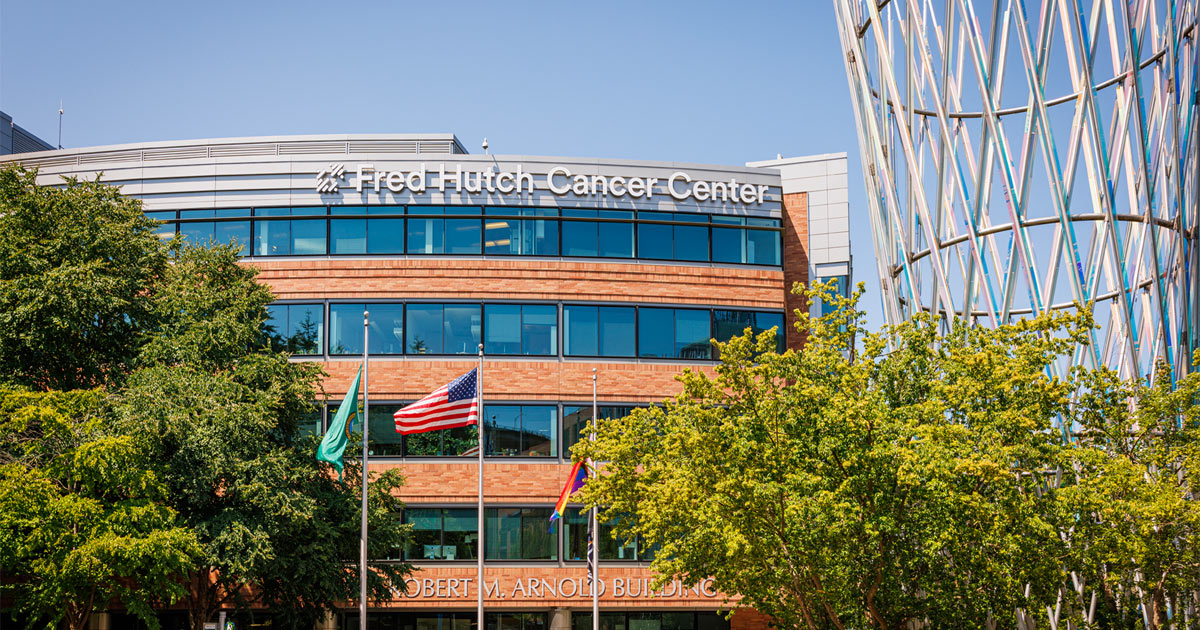
Breast cancer survivors represent the largest group of cancer survivors. An estimated 3.6 million breast cancer survivors reside in the United States. Patients’ transition from active cancer treatment to post-treatment is a critical point in the cancer care continuum, during which patients experience increased psychosocial distress. Among all racial/ethnic groups, African Americans have the lowest breast cancer survival rates; African American mortality rates are 40% higher than their white counterparts. Factors such as systemic oppression that results in barriers to accessing informational and social support increases African Americans survivors’ risk of distress. Currently, survivorship care plans (SCPs) are a part of standard care for cancer survivors. SCPs are designed to improve physical and emotional health and quality of life. Oncology providers and patients are invested in becoming adequately prepared for the transition to post-treatment survivorship.
To date, only a few studies have actively engaged African Americans to better understand strategies to enhance survivor care and reduce breast cancer morbidity, mortality, and recurrence. A first step to providing relevant, sustainable, and effective emotional support interventions that meet the needs of patients served is to elucidate contextual and socio-cultural factors that influence how survivor care and SCPs are implemented. Patients themselves and oncology providers are ideal sources to provide insight into these topics. Therefore, the Ceballos Group, from the Division of Public Health Sciences, conducted a community-engaged, qualitative study to (1) examine the emotional experience of transitioning to post-treatment survivorship among African American breast cancer survivors and (2) the nature and content of the emotion-related information exchange between survivors and providers about this transition. The publication is available in Journal of Psychosocial Oncology.
Dr. Rachel Ceballos engaged African American community members who are experienced and respected leaders in the African American community in Washington State as paid study consultants/partners on the study team who participated in all phases of the work. Ms. Bridgette Hempstead, Ms. Jacci Thompson-Dodd, Ms. Edree Allen-Agbro, and Mr. Arthur Walker worked collaboratively to identify research questions of importance to African American survivors, recruit participants, and develop semi-structured interview and focus group guides for survivors and providers. The community partners also conducted all interviews and led debrief sessions to discuss findings and interpretations. Dr. Ceballos explained the significance of the study team partnerships: "Having community collaborators involved at every stage of the research process was a unique aspect of this study demonstrating the ability and benefits of integrating community members into research. Not only did the community partners help us identify the research question, but our partners led recruitment and data collection for this study."
In all, 45 African American breast cancer survivors and 27 providers participated in the study. Dr. Ceballos and her team found that African American breast cancer survivors and oncology providers agreed that the emotional experience of transitioning conjures feelings of elation to have completed treatment, followed by isolation as social support from medical staff, family and friends wanes. Provider and survivors also agreed that patients are in need of psychosocial support during this time. Celebration and isolation were two universal experiences of transitioning from breast cancer treatment to survivorship, but survivors also described influences on emotional well-being that are unique to African American and other survivors of color, such as providers’ ability to discuss skin discoloration, needs regarding their haircare, and prosthetics that matched skin color. Several providers said they had no formal training to address these concerns and that limited appointment times inhibited their ability to deliver comprehensive survivorship information. Survivors also identified a longstanding history of marginalization of African Americans that influenced their mistrust and fear that some providers may not have their best interest in mind, and called for support groups to be held in community, rather than clinical, settings, where they could share experiences with other survivors of color.
This is the first qualitative study to examine aspects of emotional health in African American breast cancer survivors and include providers in the discussion as well. African American breast cancer survivors and provider perspectives are needed to create effective programs that will help to eliminate disparities in cancer survivorship. The study team’s work demonstrates that 1) it is possible and necessary to engage communities in research; 2) survivors and providers have a similar understanding of the need for support during the transition from active treatment to post-treatment survivorship, but survivor care is not adequately responding to that need; and 3) African American survivors experience unique influences on psychosocial distress, such as a history of abuse in health care setting and consequent medical mistrust and differences in physical responses to treatment, and lack of African American representation in reconstruction images and prosthetics.
This research was supported by a grant from the NCI Cancer Consortium.
UW/Fred Hutch Cancer Consortium members Rachel M. Ceballos and Rachel C. Malen contributed to this work.
Ceballos RM, Hohl SD, Molina Y, Hempstead B, Thompson-Dodd J, Weatherby S, Malen RC. Oncology provider and African-American breast cancer survivor perceptions of the emotional experience of transitioning to survivorship. Journal of Psychosocial Oncology. 2020 May 8:1-9.
"breast" - Google News
July 21, 2020 at 03:33AM
https://ift.tt/39mFgfi
Breast cancer survivor perceptions of the emotional experiences of transitioning to survivorship - Fred Hutch News Service
"breast" - Google News
https://ift.tt/2ImtPYC
https://ift.tt/2Wle22m
Bagikan Berita Ini














0 Response to "Breast cancer survivor perceptions of the emotional experiences of transitioning to survivorship - Fred Hutch News Service"
Post a Comment